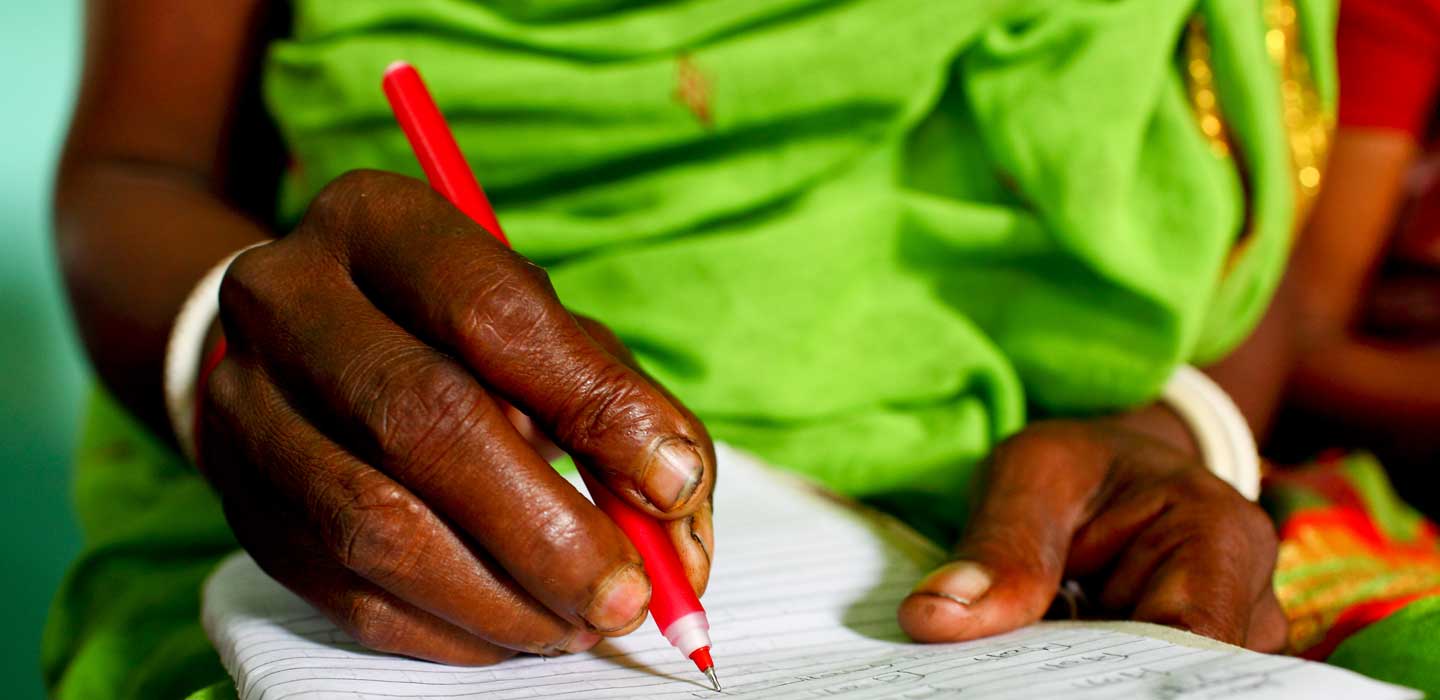Blogs
Blogs

Blogs
Asset Publisher
Manual Submenu Topics
SearchResultsFilters
Search Results
Hungry caterpillars threaten Kenya's crops. Can plants provide a natural pest control solution?
Kenyan farmers and their crops face a tiny but destructive threat: the fall armyworm. With climate change causing more infestations, push-pull technologies are a sustainable and affordable way of naturally controlling pest numbers. Find out how this simple but effective technology works.
“This is unprecedented”: IFAD’s Country Director in Pakistan reacts to the floods
Following months of incessant rain, nearly one third of Pakistan is underwater. Millions of people are affected, thousands have died, and agriculture is at risk. IFAD’s Country Director in Pakistan reflects on what is happening on the ground.
Seeing change happen before our eyes in Guatemala and Honduras
On a recent trip to Guatemala and Honduras with the US Ambassador to the UN agencies based in Rome, IFAD Country Director, René Castro, explains how smallholder farmers are transforming rural communities despite the challenges of climate change.
The people of Bangladesh are resilient, but without urgent climate action, the future of this fascinating country is uncertain
Journalist and documentary maker Qasa Alom recently visited Bangladesh with IFAD. He reflects on how climate change is affecting its people and what IFAD is doing to support them.
Do IFAD-supported projects reduce the risk of conflict? What the evidence says
We used GIS to assess the impact of IFAD-supported projects on the likelihood of conflict in fragile contexts. Our results suggest that the presence of IFAD interventions may prevent conflicts from arising and reduce the overall number of conflicts.
Building resilience in the Asia-Pacific region in uncertain times
Just as the shadow of COVID-19 was lifting from many parts of the world, new crises have arisen – and they’re a particularly difficult challenge for poor rural people in developing countries.